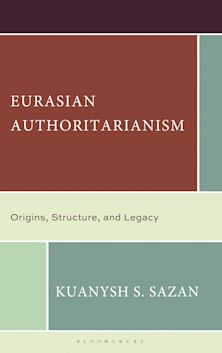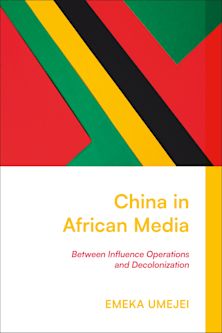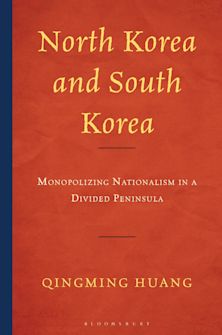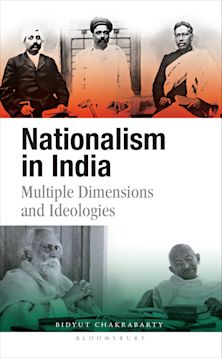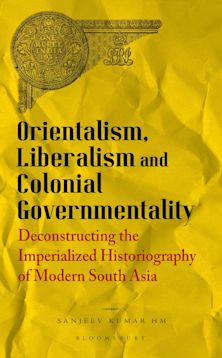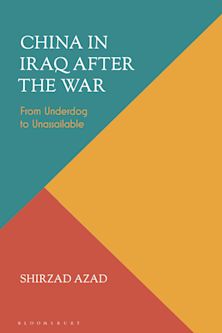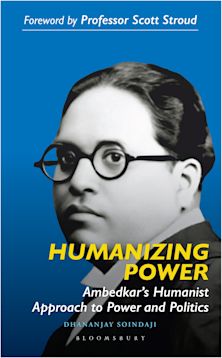- Home
- ACADEMIC
- Asia Studies
- Asian Politics, Government and International Relations
- Reinventing Aurobindo Ghose
- Delivery and returns info
-
Free CA delivery on orders $40 or over
You must sign in to add this item to your wishlist. Please sign in or create an account
Description
Aurobindo Ghose's ideological vision challenges traditional interpretations that divide his thought into distinct political and spiritual phases. The common belief that his engagement in the nationalist movement (1893–1910) gave way to a retreat into spirituality in Pondicherry oversimplifies the complexity of his intellectual evolution. This division, often found in historiography, suggests a shift from nationalism to spirituality but fails to recognise the underlying continuity in Aurobindo's ideas. A closer examination reveals a seamless development that transcends such a simplistic bifurcation.
Aurobindo's nationalism was not solely political; it was deeply connected to his reverence for India's ancient intellectual traditions. He opposed the Westernisation of India, seeing it as a force that disconnected Indians from their cultural heritage. The blind imitation of Western values, in his view, betrayed India's spiritual and philosophical legacy. This commitment to intellectual revival was evident throughout his early career, during which he sought to navigate the colonial system, even attempting to secure a position within the British administration.
Ultimately, Aurobindo rejected this path and aligned himself with the nationalist movement. Alongside leaders like Lal, Bal, and Pal, he redefined Indian nationalism, advocating for direct resistance to colonial rule and championing mass mobilisation that included all castes, religions, and genders. His vision was not a transition from politics to spirituality, but an integrated approach, where nationalism and spirituality were inextricably linked in the pursuit of India's freedom and cultural renaissance.
Table of Contents
Introduction
1. Situating the concerns
2. The Bhagavad Gita: A source of inspirational ideational vision
3. The Isha Upanishad, linking human practices with spirituality
4. Karmayoga: An inspirational design for activism
5. The Life Divine: Conceptualizing the universal self as integral to humanizing humanity
6. The Vedas: The foundational vision for reimagining humanism
Conclusion
Notes
Bibliography
Index
About the Author
Product details
| Published | Dec 30 2025 |
|---|---|
| Format | Hardback |
| Edition | 1st |
| Extent | 272 |
| ISBN | 9789361312113 |
| Imprint | Bloomsbury Academic India |
| Dimensions | 216 x 135 mm |
| Publisher | Bloomsbury Publishing India Pvt. Ltd |












